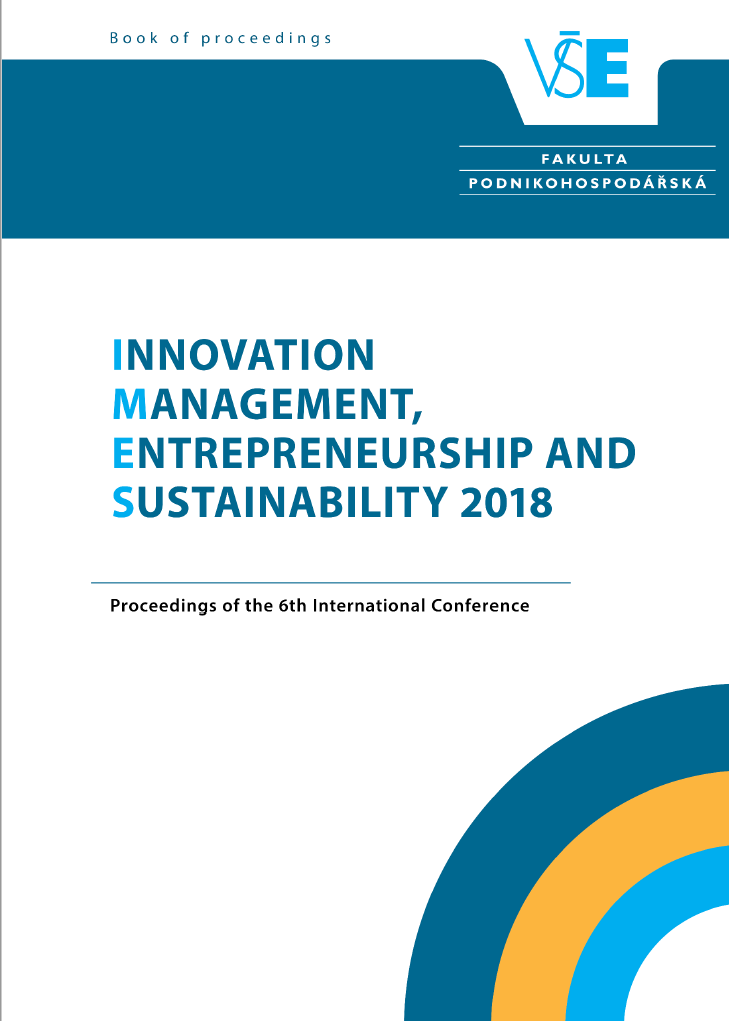
Microfinance and Access to Finance of SMEs
Purpose:The main objective of this study is to provide an overview of the situation of access to finance of SMEs in Europe and explore the regulatory and financial background of microfinance opportunities. Besides this general approach, the paper also aims to investigate the practical approach of EU Member States tothe issue of microfinance. As a result,it is expected that overall the efficiency of programmes financed from public funds will be increased through the adoption of best practices in European countries. Design/methodology/approach:Research is being carried out using information provided by ten INTERREG project partners from seven different EU Member States and Norway, including managing authorities, microfinance institutions and enterprise development organisations. Stakeholders were interviewed throughsurveys and stakeholder group meetings (twelve meetings per partner), while their experiences are shared in study trips (up to six per partner) and local workshops (up to five per partner). Publicly relevant data and the academic literature related to microfinance has been also reviewed. In-depth analysis in six EU Member States (Hungary, Italy, Germany, Spain, Croatia, Poland), representing regions at various levels of development, has also been carried out. Findings:It has been found that the lack of commercial sources of finance is still a problem for a number of European SMEs. The main problem is that many firms are deemed non-bankable by commercial banks. Nevertheless,governments have intervened to support these firms and promote microfinance initiatives. These are provided typically from national or EU sources, such as ESIF Funds, while various regional initiatives also exist in the countries investigated. Research/practical implications:The research addresses some important regulatory and practical issues with microfinance that can prove invaluable for researchers, policy-makers or even financial institutions. The comparative analysis of Member State solutions can also provide an inspiration for other countries considering the introduction of microfinance initiatives. It is expected that following the publication of the results of the research, policy instruments related to microfinance will be improved and there will also be new projects aiming at tackling at enterprise development or improving the access to local microfinance programs.Originality/value: The paper presents original research in the field of practical issues and solutions in microfinance, providing an invaluable insight into the approach of six different EU Member States.
More...